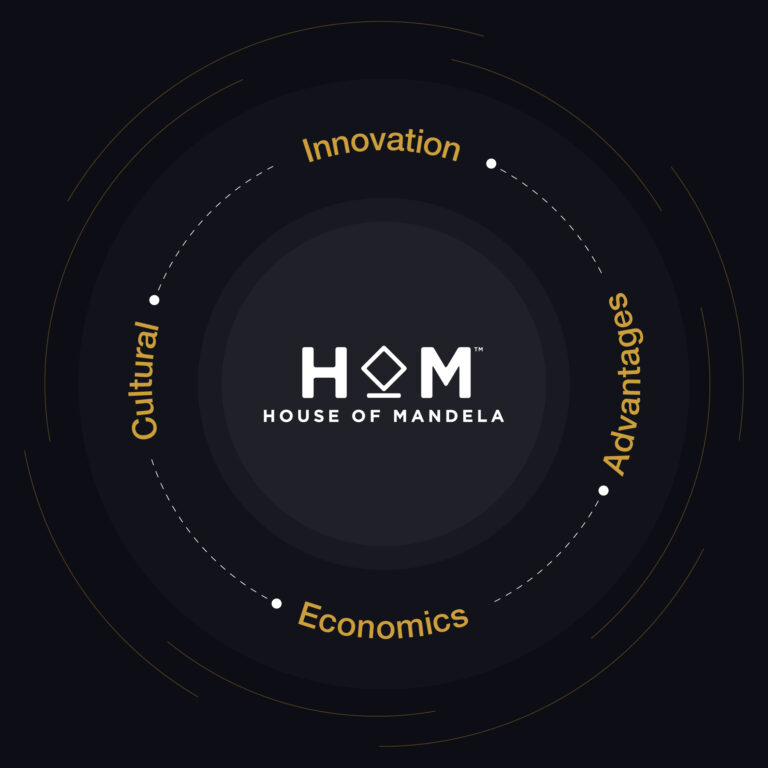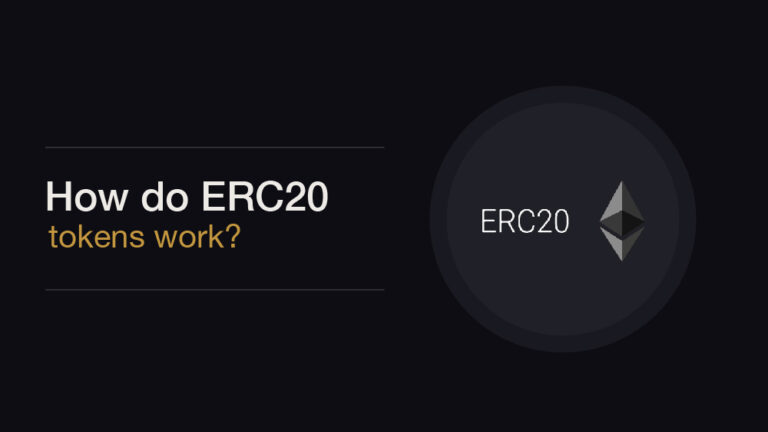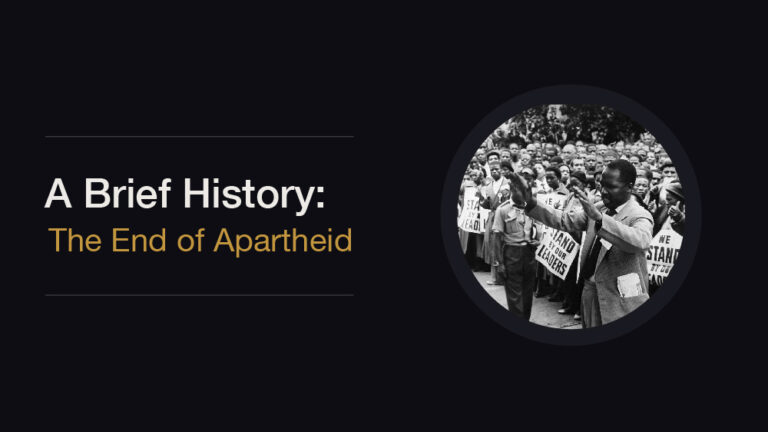He is the grandson of Nelson Mandela and represents the House of Mandela. He is currently a director at Capital Software and is known for being well-versed in economics and banking. He sat down to discuss the House of Mandela Token and his plans. This is Dumani Mandela.
Question 1: How would you describe the global influence of your grandfather, Nelson Mandela, through his fight to abolish apartheid in South Africa?
Like many people who know Nelson Mandela as a politician, I don’t know that side of him very well. I know him as a family man and a principal pragmatist. That’s how I understand him as a freedom fighter. He wanted the best, not only for his country, but he wanted an egalitarian society. I adopt those values myself to continue the legacy of developing an egalitarian society. Apartheid was much more than about the idea of giving people equal rights but also equal access to societal and economic infrastructures. These are values to be adopted by any patriotic South African, and I believe his noble gesture as a freedom fighter will be remembered for generations to come.
Question 2: How did his struggle and success impact his legacy, including yourself, on a personal and familial level?
His principal pragmatism has largely influenced me on a personal and familial level. Nothing can be done in business or society without principles and underlying ethics complimented with a sense of leadership transparency. I try to inculcate those values within my business as well. Obviously, the issue of race in South Africa still plays itself out both in society and business. I think it’s one of his fights that we continue as we continue toward a free and democratic South Africa for equal access to all. I work to bring back equal participation in the business sector.
Question 3: Amongst the inspiring ways your grandfather impacted South Africa, economic strength and equality are critical social issues he tackled. Regarding the HOM Token, how do you see it impacting the country and local markets economically?
For me, the origins of thinking around African fiscal integration emerged from the former head of Ghana, Kwame Nkrumah, to implement a common monetary policy. I think that’s HOM Token’s role in creating the environment to catalyze a standard economic policy. It has the potential to become a pan-African token in the future. And is not only limited to a pan-African token but a global token that attracts the African diaspora and the people who identify with the values of Nelson Mandela. I also hope it reaches crypto enthusiasts who want to acquire HOM Tokens. I believe HOM Token will become the gold standard, not only from a utility aspect but also for saving for the long term.
Question 4: Looking ten years ahead, how do you envision the implementation of the HOM Token and the result of its circulation?
We’ve started speaking to South Africa and the African continent regulators to integrate the HOM Token into the pre-existing bank market. We aren’t going to pursue the model that’s already been done in terms of doing it outside the formal banking environment but creating unique rails and bringing them in and making them an added component to our financial system. This we want to do as not to pose a financial hazard. Unlike the US, where the markets are so valuable, it does’t cause a moral hazard as a systemic risk. In South Africa, for example, with the future evaluations of the HOM Token being 52 billion USD, it’s an accepted form of tender and legal tender to Africa and South Africa if something happens. So that’s our ambition. It’s not to operate outside the regulations and bring in the banking space as partners. When people convert crypto to fiat, they can do it through their local bank, which they already trust as issuers and merchants. Our strategy is to integrate with the regulators and to grow organically over ten years to become a former legal tender.
Question 5: Currently, where can the HOM Token be used? Who do you hope to see adopting the currency as a form of payment next?
We are speaking to merchants in retail because they will attract the foot traffic we want. So for the utility aspect, we are aiming at retail. For pan-Africa, we are working with wireless operators in South Africa to promulgate the token out there. I was speaking to a friend of mine from Switzerland, and he said with these digital assets, it’s impossible not to bring them in. With the digitalization of assets and the emergence of crypto, tokens, and blockchain, our primary strategy would be to speak with GSM operators and couple it with our retail strategy.
We want to enlist big and small merchants, starting with the big ones. The idea is to democratize the financial markets, and it’s important to give access to all merchants and markets. We plan to advance with ForumPay and Capital Software to proactively plan for the digital revolution taking full advantage of the economic system.
To learn more about the HOM Token 5% reward-back program or how to start accepting them, visit www.houseofmandelatoken.com. You can also explore the NFT collections and guide yourself to the House of Mandela store.
Follow us on social media for more!



